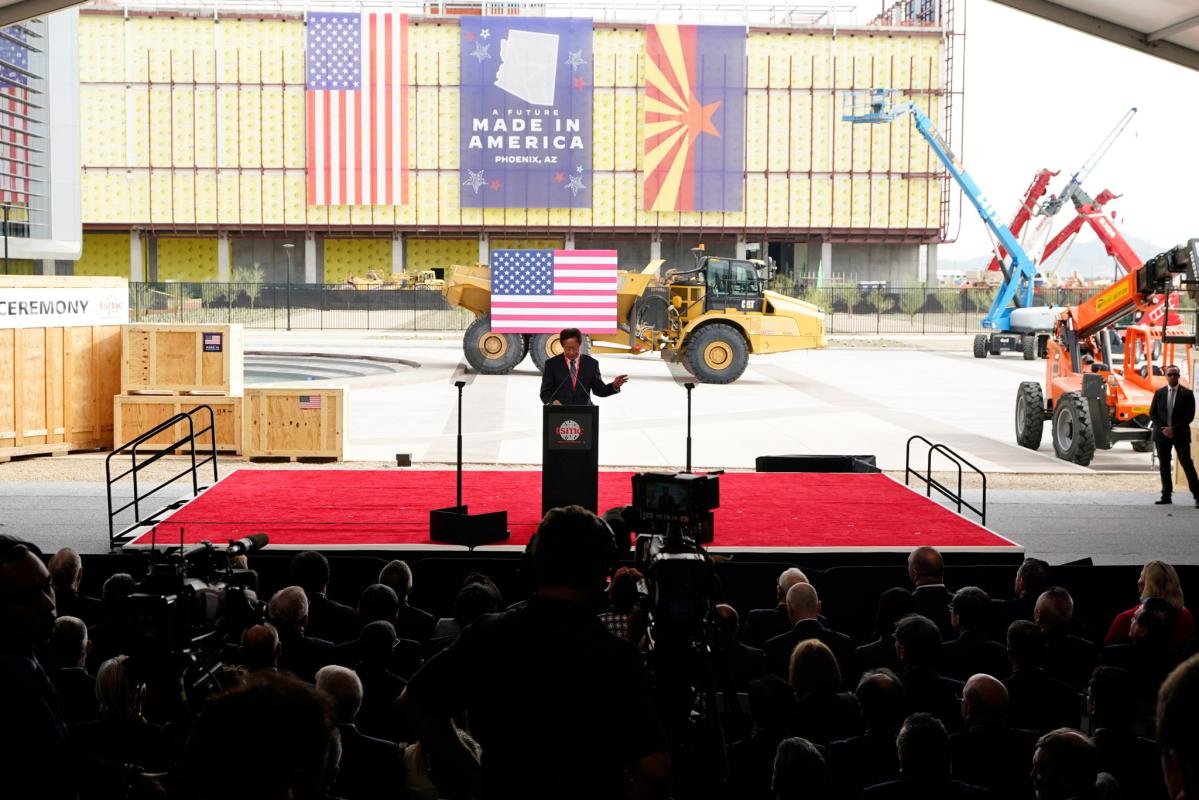Interesting article about the culture clash that is happening when an East Asian company tries to establish high tech manufacturing in the US.
People complain about low wages in Asia causing American manufacturing deline, but there are many other factors. If it was only about wages every poor country would be able to replicate China/Taiwan success.
One of them is that people there simply work way harder than we do. I was talking to my Chinese coworkers and they said a lot of their family work 996 (12 hours 6 days a week). This article talks about some of the differences.

 finance.yahoo.com
finance.yahoo.com
People complain about low wages in Asia causing American manufacturing deline, but there are many other factors. If it was only about wages every poor country would be able to replicate China/Taiwan success.
One of them is that people there simply work way harder than we do. I was talking to my Chinese coworkers and they said a lot of their family work 996 (12 hours 6 days a week). This article talks about some of the differences.

Chipmaker TSMC needs to hire 4,500 Americans at its new Arizona plants. Its ‘brutal’ corporate culture is getting in the way
The chip giant says its Arizona hiring is on schedule, but recruiters say the company is a hard sell.
